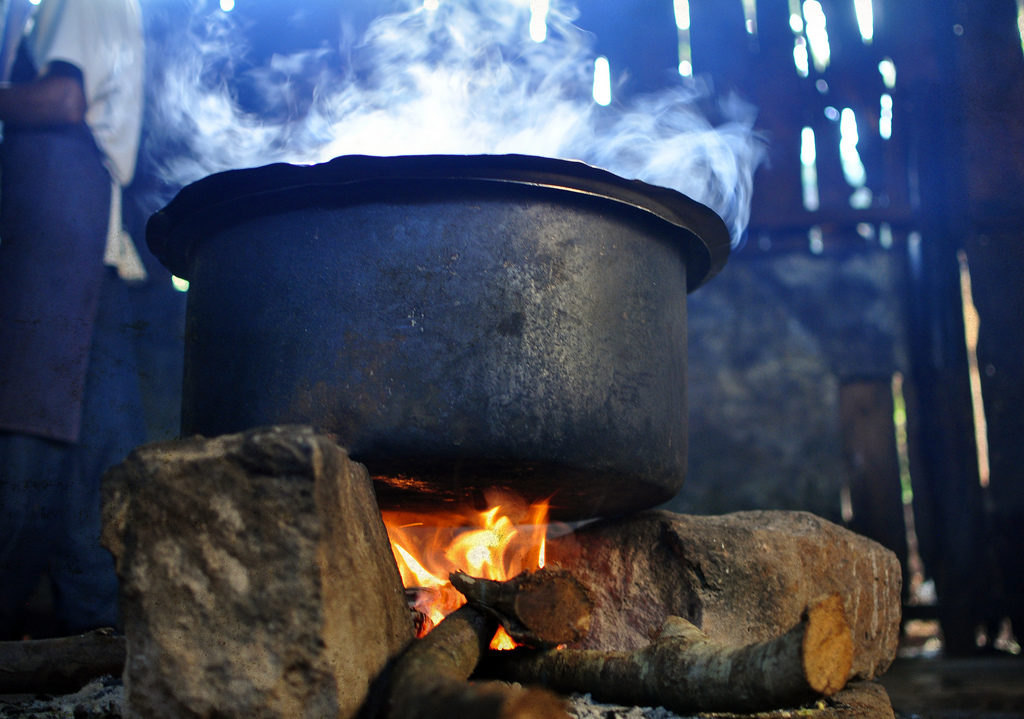There is no doubt that energy is embedded in food production, food distribution and food preparation. Yet practitioners in the two sectors tend to work separately without taking into consideration the interdependences of the two development challenges.
What would be a household’s nutrition and diet if a family would have enough fuel for cooking a meal of their choice? How much food waste can be avoided if households had electricity for refrigeration? How much of women’s time would go to gainful economic activities if they did not have to walk several kilometers to process their grains? These are some of the questions that this research group is trying to answer, and to get people in energy and food security sector to think about.
To uncover different dimensions of the linkages between food and energy, our expert group formed a research structure, consisting of overall theme, Energy Access and Food Security Links, and three sub-themes: Waste Recycling to Maximize Energy and Food Output, Joint Food-Energy Production Systems, and Nutrition. The expert group aims to synthesise existing evidence on successful examples of meeting energy and food security, as well as their institution and policy requirements.
The overall theme is working on the desk study under supervision of Dr. Sola Phosiso (CIFOR). The literature search has been completed, with 140 relevant articles identified. The next stage is extraction of data, which is distributed between the expert group members from CIFOR, ICRAF, SEI and AFF.
Desk reviews during the inception stage were aimed to determine how much the link between energy and food security at household level in Sub-Saharan Africa is neglected. It has not been a surprise to the team that the research on the topic is quite limited, and only a handful number of projects have aimed to address the two issues jointly. “ Out of 123 articles we are currently reviewing, only 37 fit our criteria of jointly addressing issues of household energy and food security or nutrition”, says Caroline Ochieng, the Expert Group leader.
The group initiated further reviews through the sub-themes to identify the best practices of joint addressing energy and food security at production level and at food processing level, on which tonnes of biomass which can be converted to energy are burned up as waste.
Caroline adds that “treating energy and food security issues separately means missing a big opportunity of jointly raising their profile, and addressing them. At the household level this type of demarcation does not exist. Decisions about energy and food are made together, and this is what should be reflected at policy level”.
The SEI- ICRAF/CIFOR review is now at advanced stage and there should be an output by October 2014. Hence the breakfast dialogue with policy makers is being planned for November 2014.
A joint workshop for the entire group is tentatively scheduled for January 2015.
Have you got anything to contribute to the topic? Contact Caroline Ochieng with your proposals and suggestions.
